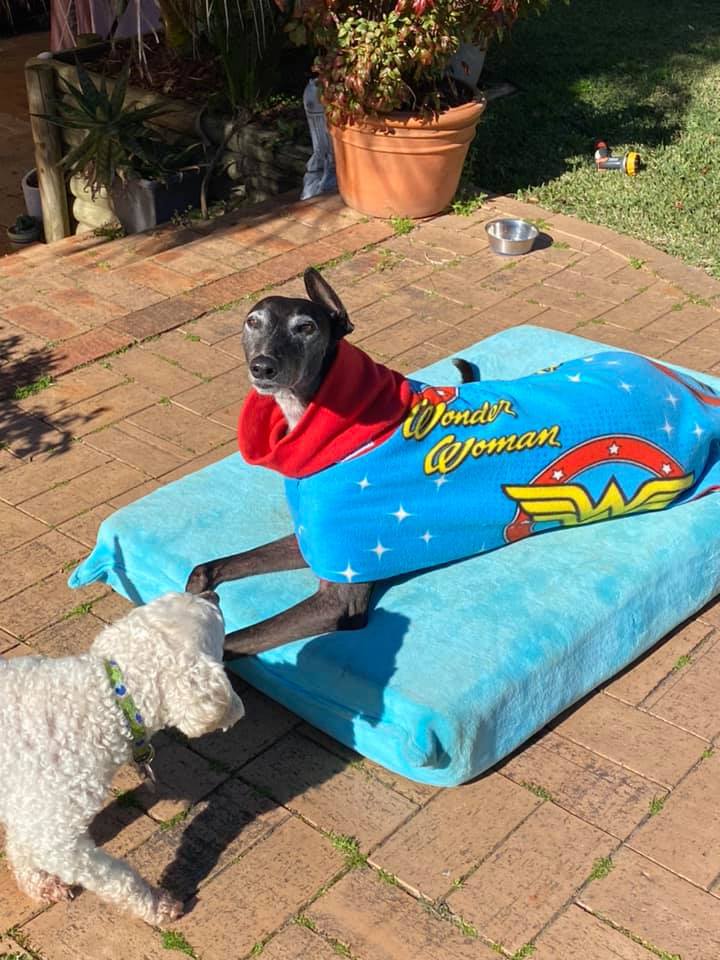
The poison, which is found all over Australia, left Elsa permanently disabled and her owner with a $20k vet bill.
It was love at first sight when Yvette Colomb spotted Elsa on a greyhound adoption site.
Originally a racing dog, Elsa was almost euthanised before Colomb rescued her and gave her a second shot at life, only to see her horrifically poisoned a few years later.
It was 2020 and they were on a property about an hour north of Sydney when Elsa suddenly started to vomit.
READ MORE: 'Large sentence' awaits triple-murderer mushroom cook

Colomb immediately put Elsa in the back of the car and raced to Sydney, where her daughter took Elsa straight to the emergency vet.
"I remember I looked at her and it was the last time I looked at her before she was quite disabled," Colomb told 9news.com.au.
By the time Elsa arrived at the vet, she'd vomited again, suffered a seizure and had to be put on life support.
That's when the vet called Colomb and revealed her dog had been poisoned.
Elsa had accidentally ingested sodium fluoroacetate poison baits, better known as 1080.
The poison is used across Australia to cull foxes, rabbits, wild dogs and feral cats by applying it to food items which are left out for animals to find.
Have you got a story? Contact reporter Maddison Leach at mleach@nine.com.au
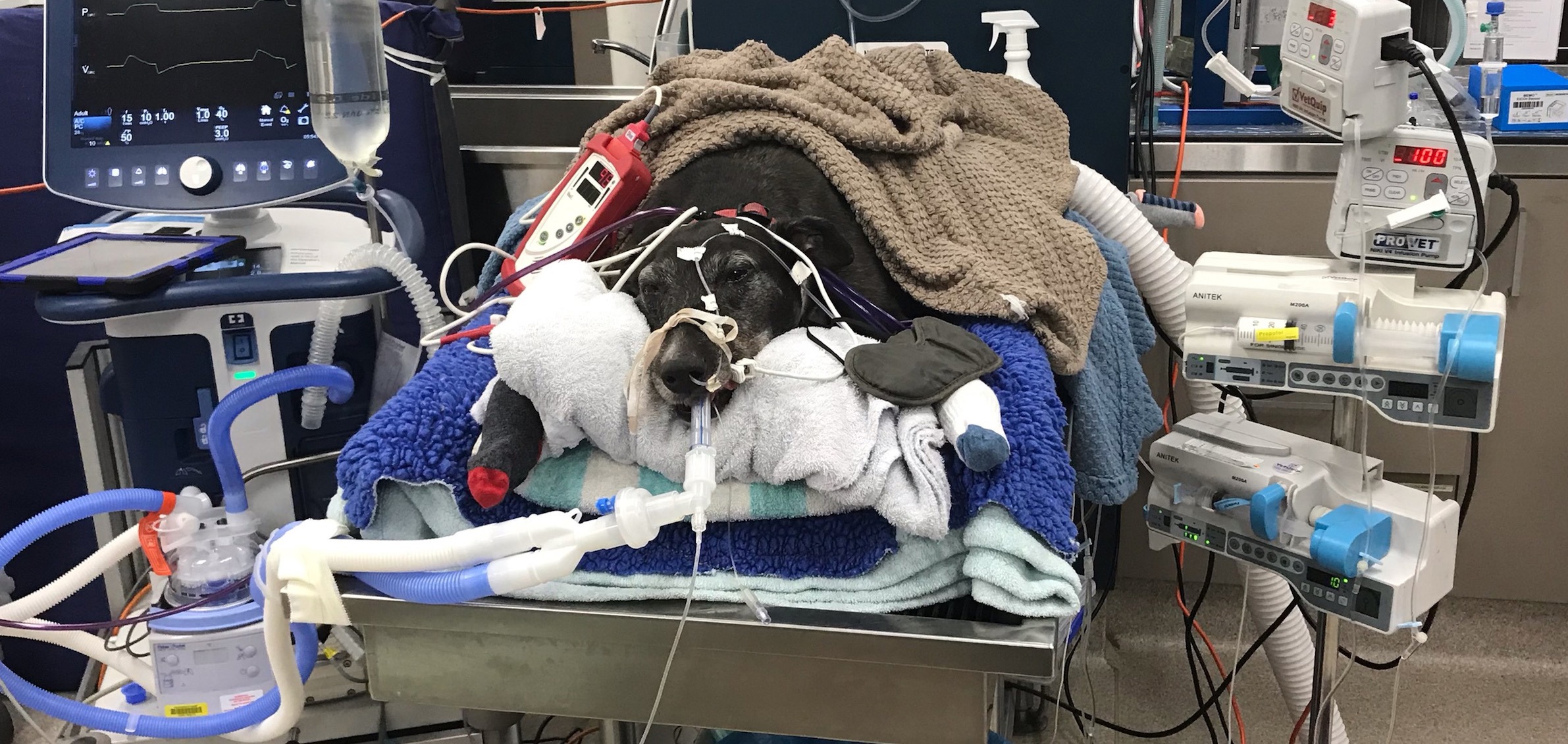
Derived from a naturally occurring compound found in multiple Australian plants, some Australian animals have developed a tolerance to 1080.
But pets have not.
Dogs may also ingest these baits and be poisoned, causing frenzied running, uncontrollable vomiting, howling, confusion, coma and even death.
Just a few milligrams of 1080 can be lethal to most dogs and there's no antidote, though vet treatment can aid a dog's survival.
"The vet said, 'very few animals survive it and it's very unlikely that Elsa will survive,'" Colomb said.
Although she didn't have pet insurance, Colomb begged the vet to do anything to save her dog – and he did.
READ MORE: Bullets sprayed at Sydney home as toddler slept inside
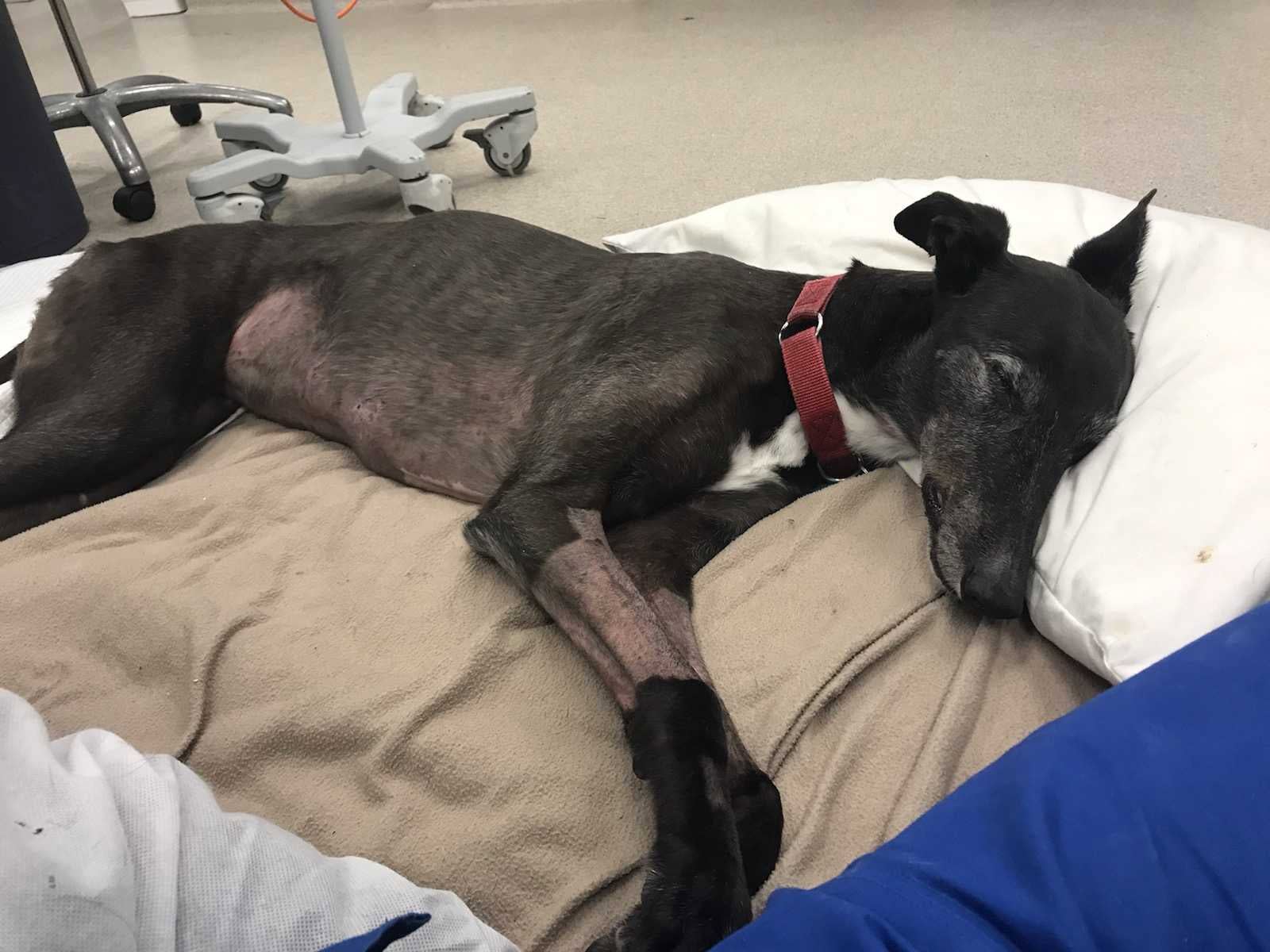
Miraculously, Elsa pulled through.
She spent almost two weeks at the emergency vet and needed additional rehabilitation, resulting in a $20,000 bill.
Colomb paid about $8000 out of her own pocket and fundraised the rest, then set up a Facebook page dedicated to Elsa's recovery and to warn other dog owners.
Despite surviving the 1080 poisoning, Elsa was left permanently disabled.
"When we brought her home, it was almost like having an enormous newborn baby," Colomb said.
"She was totally bedridden and it was around-the-clock care for her ... it took her months to learn to walk again."
Caring for Elsa was expensive – she did hydrotherapy and had to be on a special diet for months after the poisoning – but like many Aussies, Colomb said she would do anything for her dog.
Elsa walked with a wobble and had mobility issues for the rest of her life, but her health really started to decline in 2025.
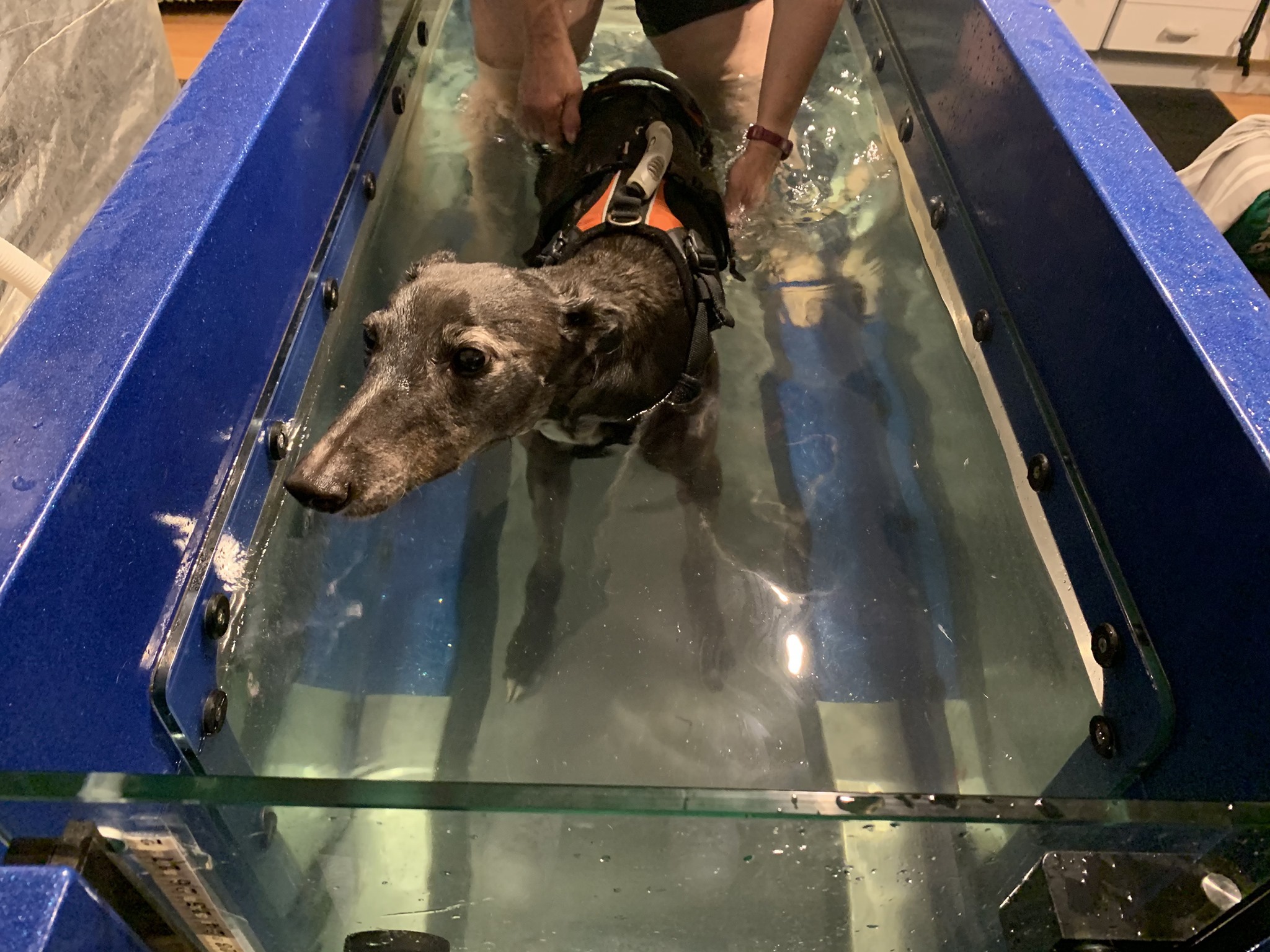
She died at home in Colomb's arms in June.
"She was like lying flat against me, and she had her head against my chest, and I just patted every very gently," Colomb said.
Devastated by the loss, she took comfort from the 10,000 animal lovers who had followed Elsa's story in her Facebook group.
Now she's campaigning to outlaw the baits that almost killed Elsa five years ago, left her disabled and cost the family thousands in vet care.
Access to 1080 is highly restricted in Australia and its use is regulated by the Australian Pesticides and Veterinary Medicines Authority (APVMA), state and territory government agencies and local land management authorities.
Use of the poison varies across the country and baits are tailored to the target species and the local ecosystem.
But scientists and animal rights groups disagree on how 'humane' 1080 is and after seeing how Elsa suffered, Colomb doesn't want any animal – pet or pest – to go through the same thing.
READ MORE: US stocks tumble after Trump's new tariff announcements
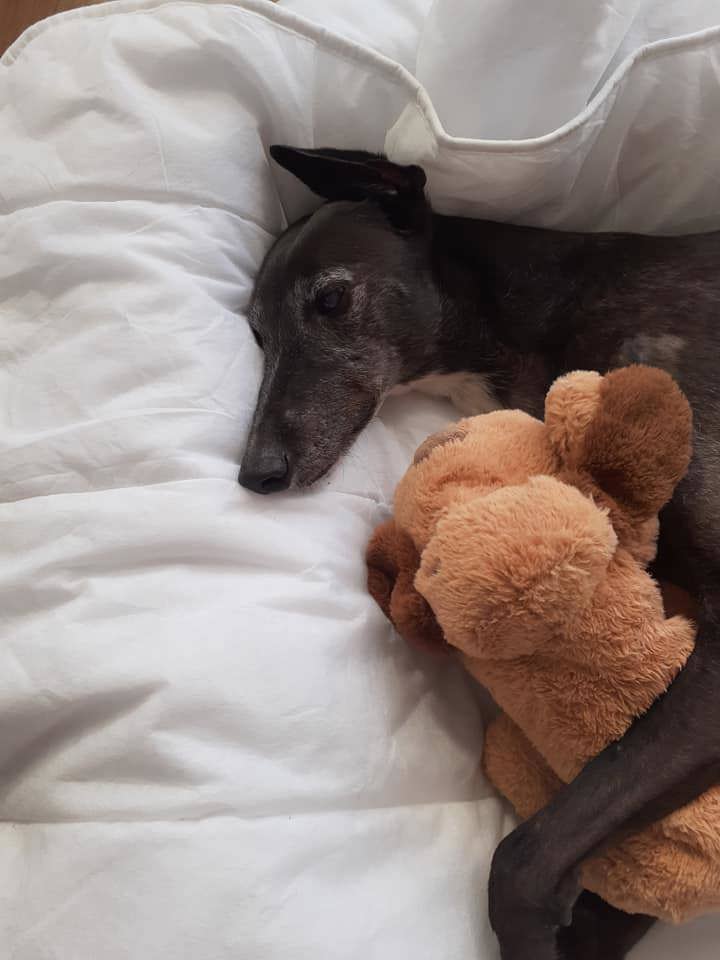
"It's a horrible way to die and I understand that foxes need to be taken care of, but I think we need to do it in a responsible and humane way," Colomb said.
"I don't think we can just drop poison into our environment and hope for the best."
She started a Change.org petition that has already attracted more than 3000 signatures and plans to petition Federal Parliament to reconsider the use of 1080 across the country.
Colomb's only regret is not taking action and campaigning for a ban on 1080 sooner.
"Why did I wait so long? I need to make Elsa's memory count."
DOWNLOAD THE 9NEWS APP: Stay across all the latest in breaking news, sport, politics and the weather via our news app and get notifications sent straight to your smartphone. Available on the Apple App Store and Google Play.
 'Soul-crushing': RBA leaves interest rates on hold in surprise decision
'Soul-crushing': RBA leaves interest rates on hold in surprise decision
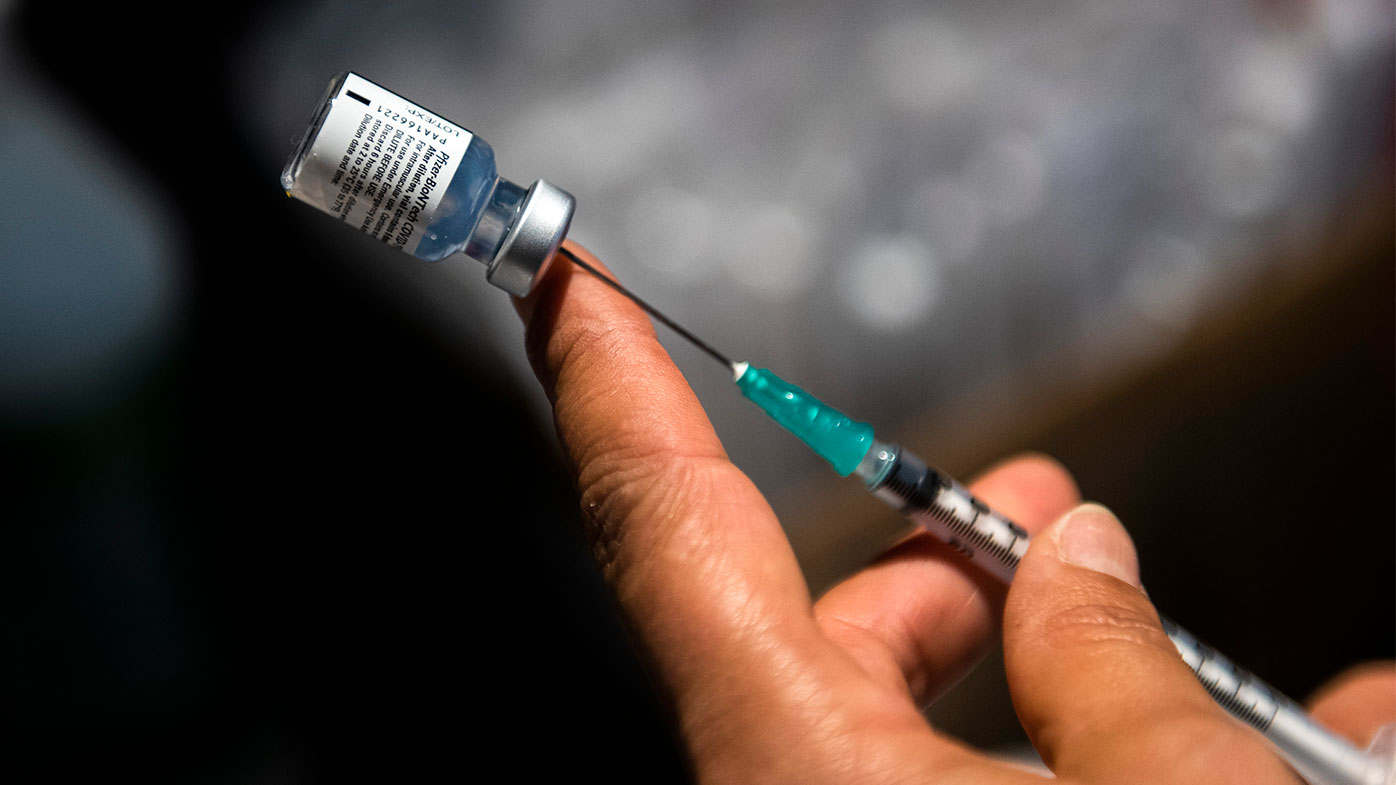 Queensland teachers sacked over COVID vaccines granted appeal
Queensland teachers sacked over COVID vaccines granted appeal
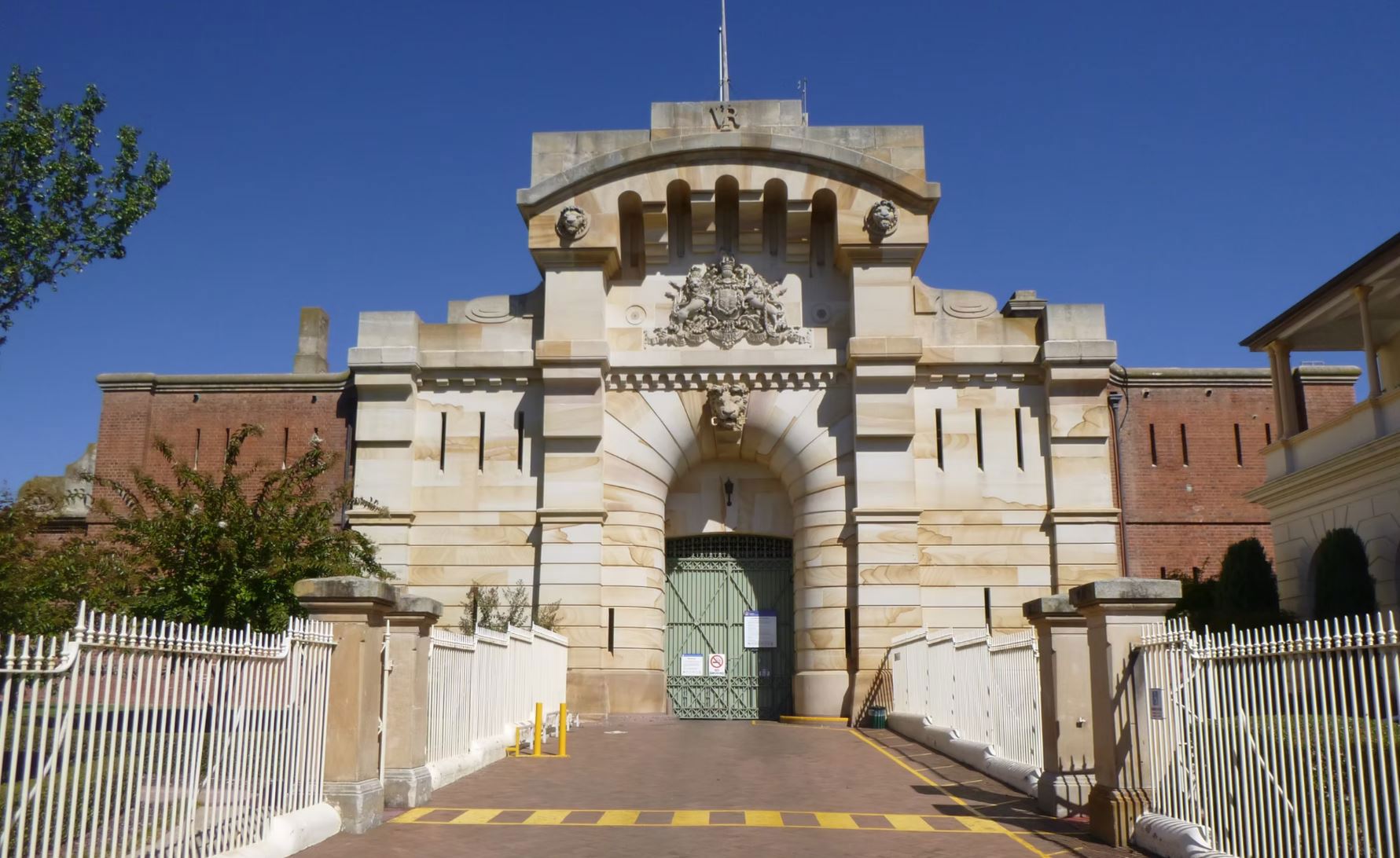 Footage shows brawl erupt between inmates and visitors at NSW prison
Footage shows brawl erupt between inmates and visitors at NSW prison
 Rideshare driver yet to enter pleas more than a year after death of young lawyer
Rideshare driver yet to enter pleas more than a year after death of young lawyer
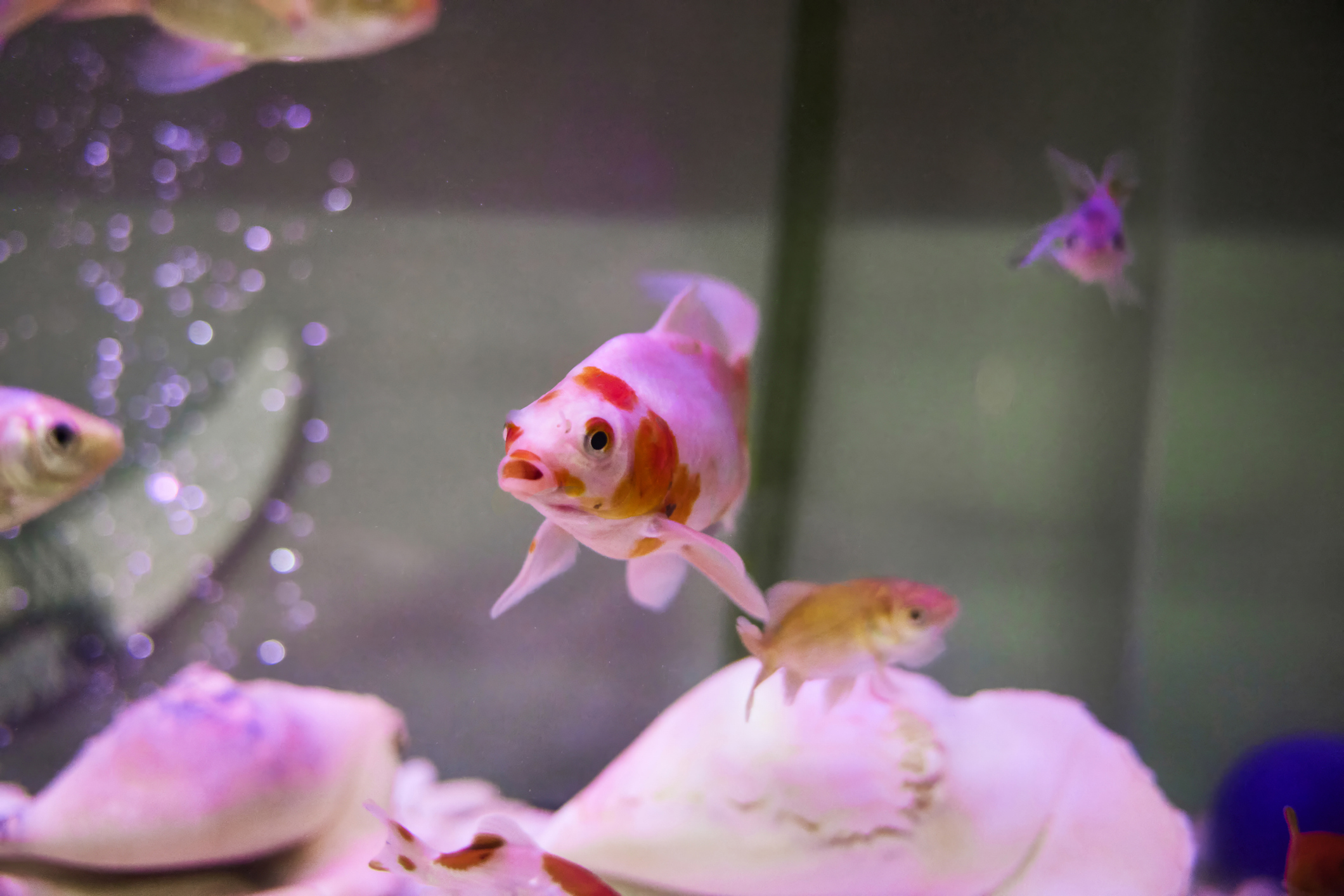 Police charge alleged 'goldfish gobbler' after incident at Sydney pet store
Police charge alleged 'goldfish gobbler' after incident at Sydney pet store
 Rescue swimmer hailed as a hero after saving 165 kids from Texas flooding
Rescue swimmer hailed as a hero after saving 165 kids from Texas flooding
 Former radio host sues broadcaster over infamous 2012 royal prank
Former radio host sues broadcaster over infamous 2012 royal prank
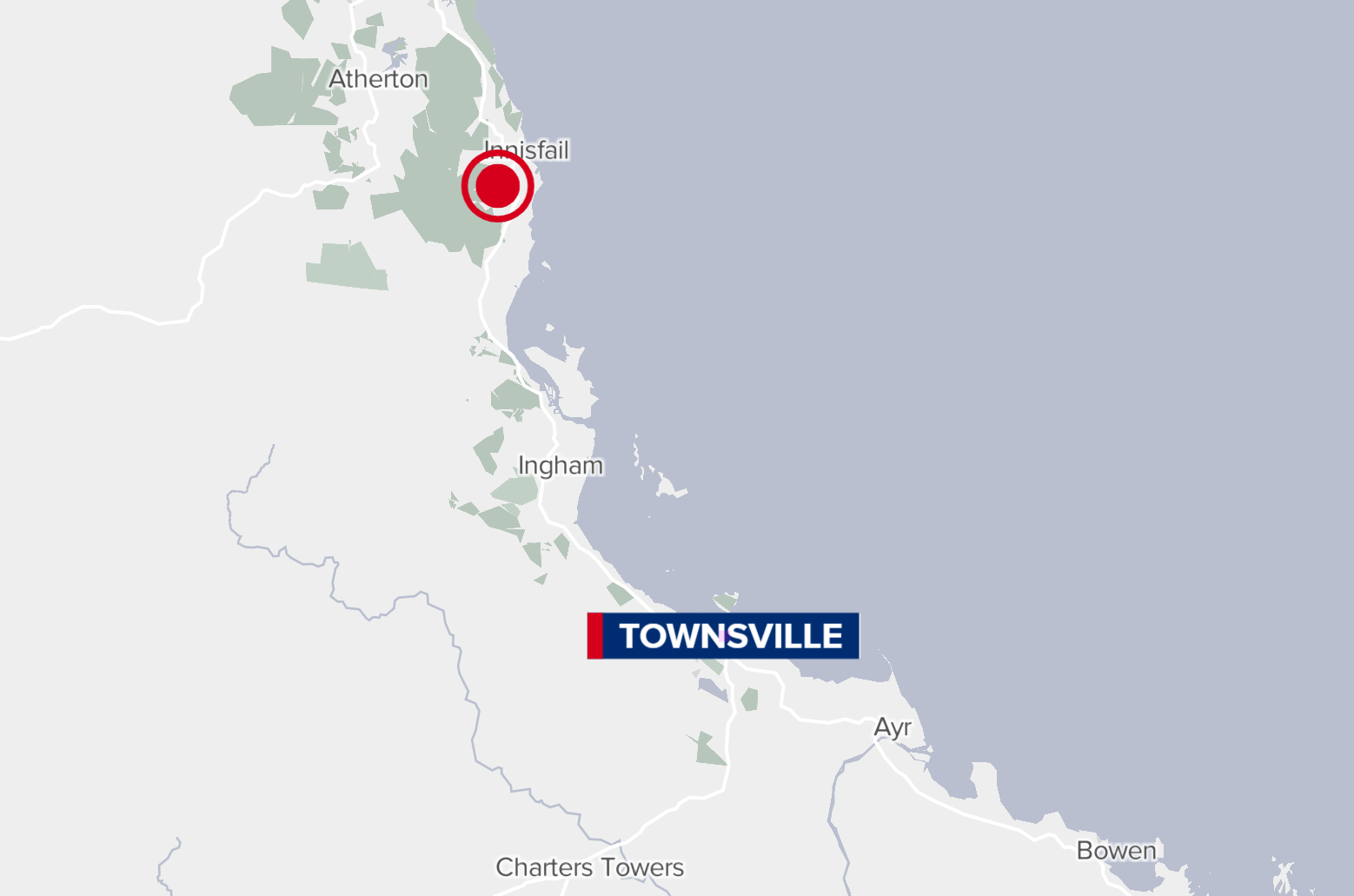 Paraglider dies after falling 20 metres from parachute
Paraglider dies after falling 20 metres from parachute
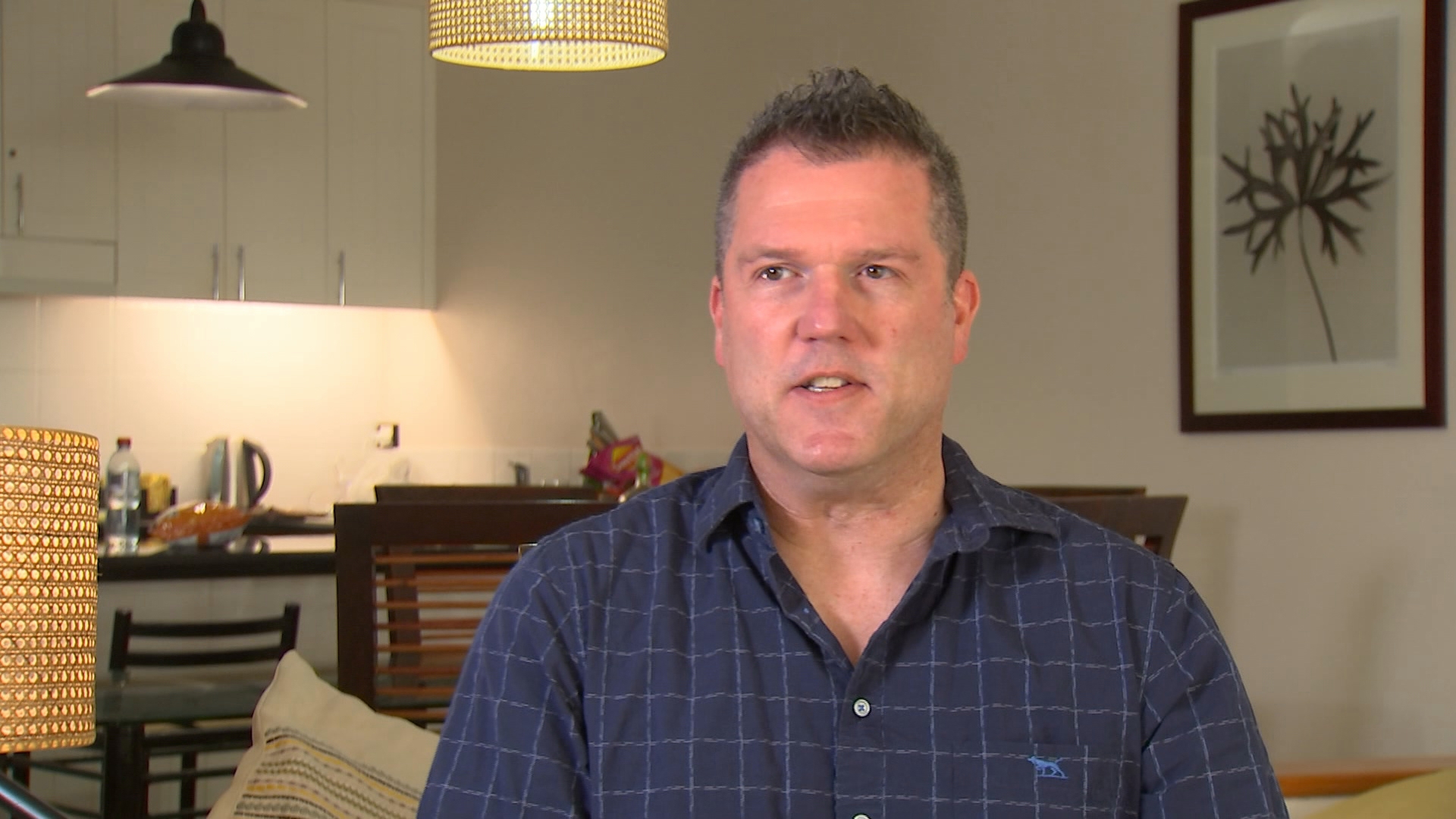 'She's evil': Doctor who treated Erin Patterson after lunch reveals initial suspicions
'She's evil': Doctor who treated Erin Patterson after lunch reveals initial suspicions
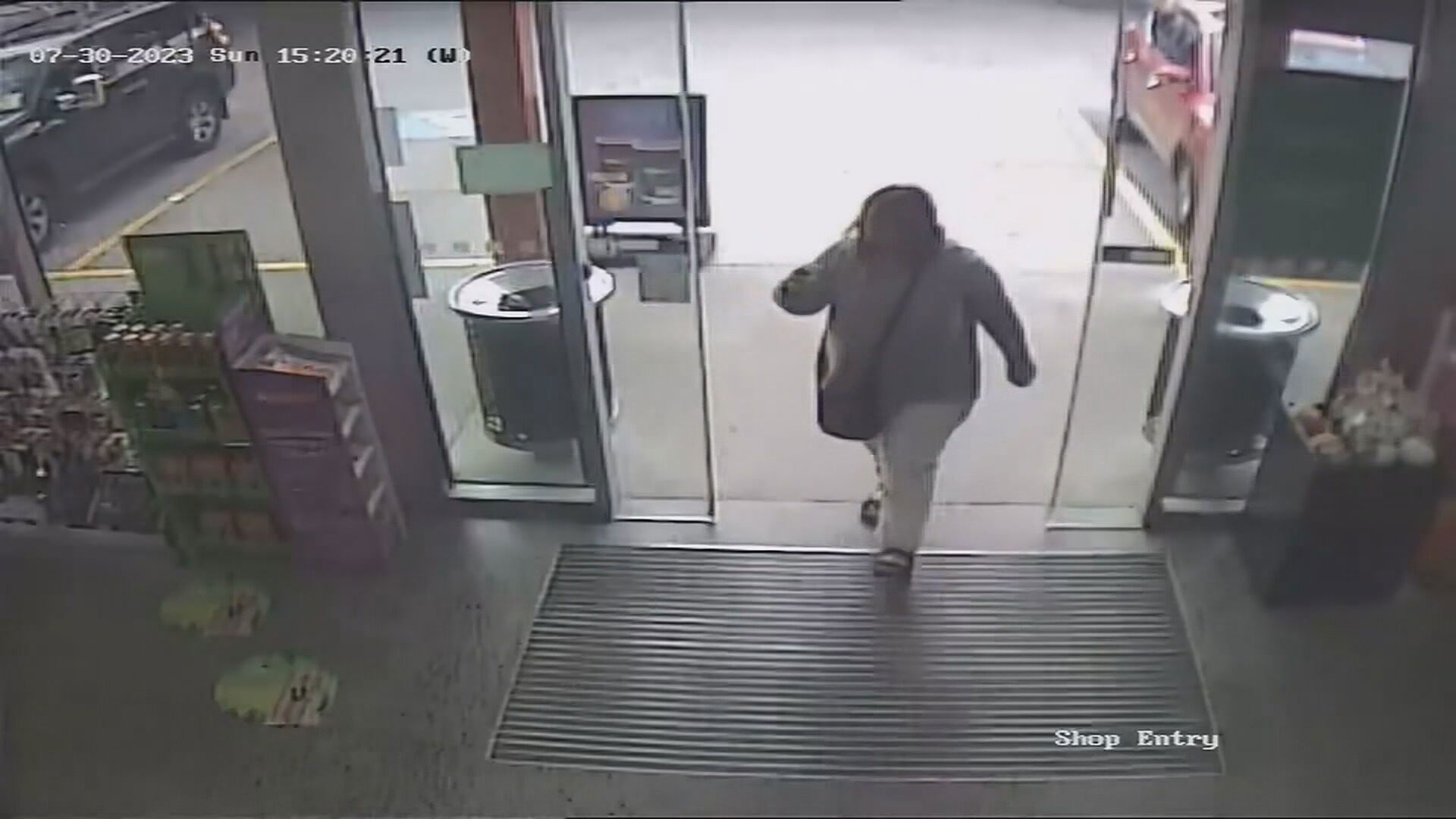 Footage shows mushroom killer buy snacks at petrol station after poisonings
Footage shows mushroom killer buy snacks at petrol station after poisonings
 Flight delays after volcano erupts in popular holiday hotspot
Flight delays after volcano erupts in popular holiday hotspot
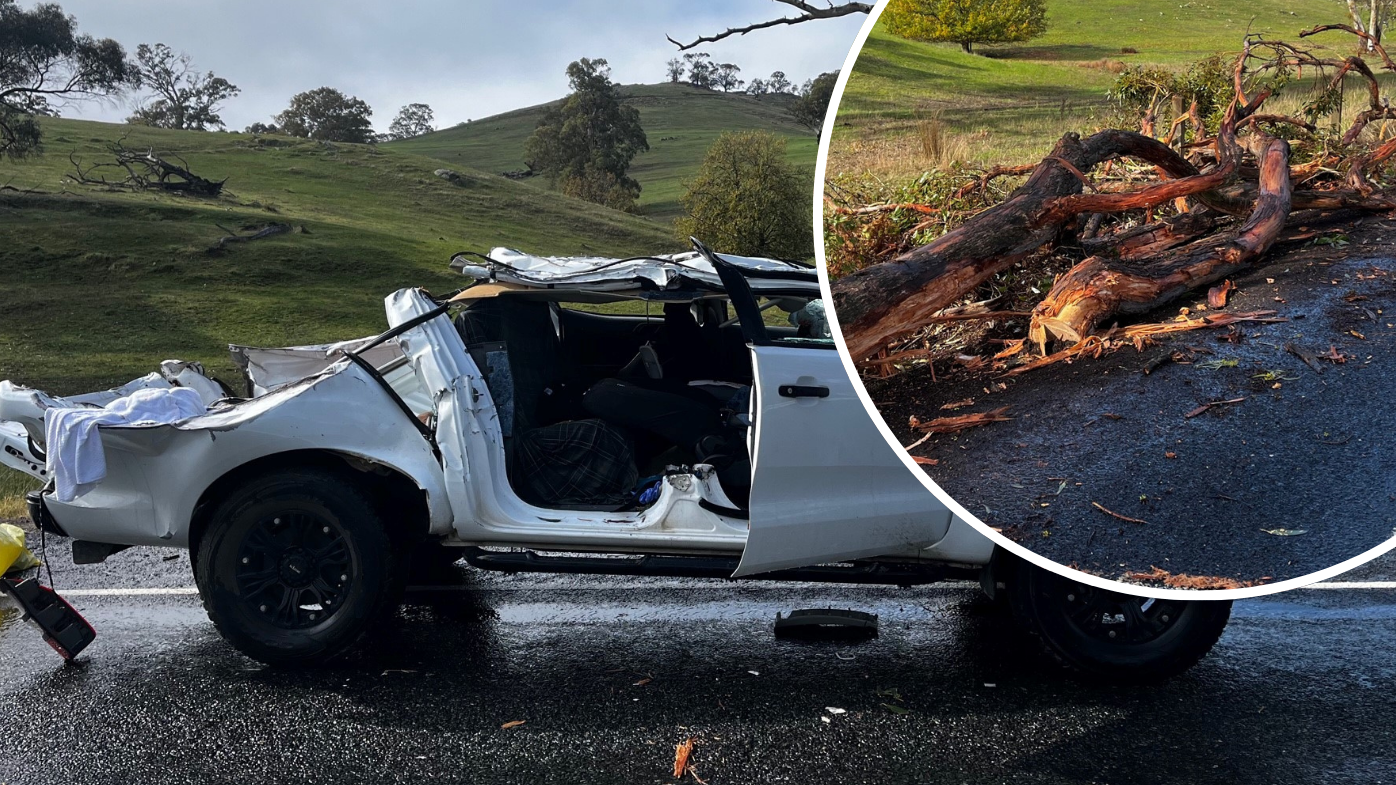 Driver in serious condition after large tree crushes ute during severe winds
Driver in serious condition after large tree crushes ute during severe winds
 Mushroom murder victims' church shares message after guilty verdicts
Mushroom murder victims' church shares message after guilty verdicts
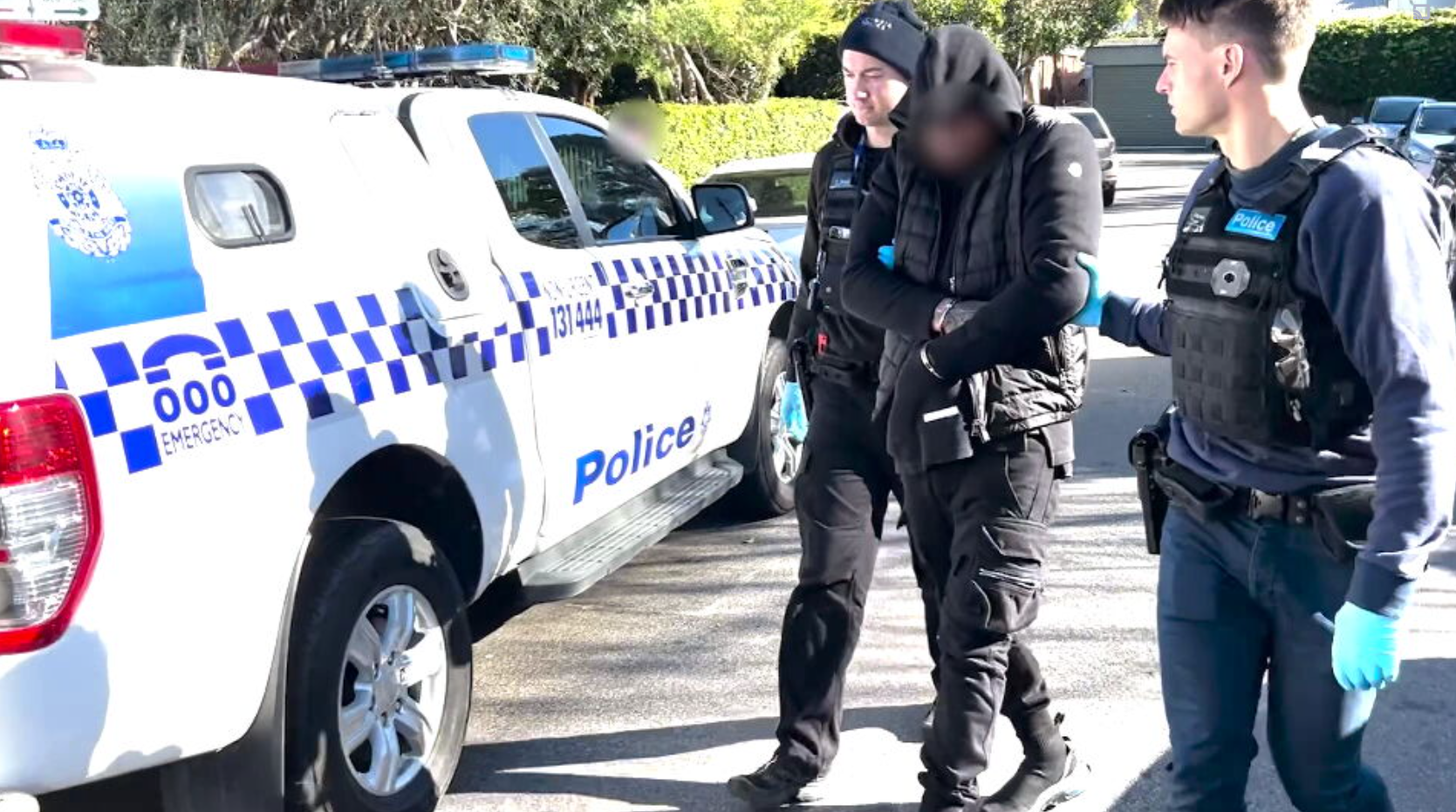 Man accused of using rideshare drivers to peddle drugs to nightclubs
Man accused of using rideshare drivers to peddle drugs to nightclubs
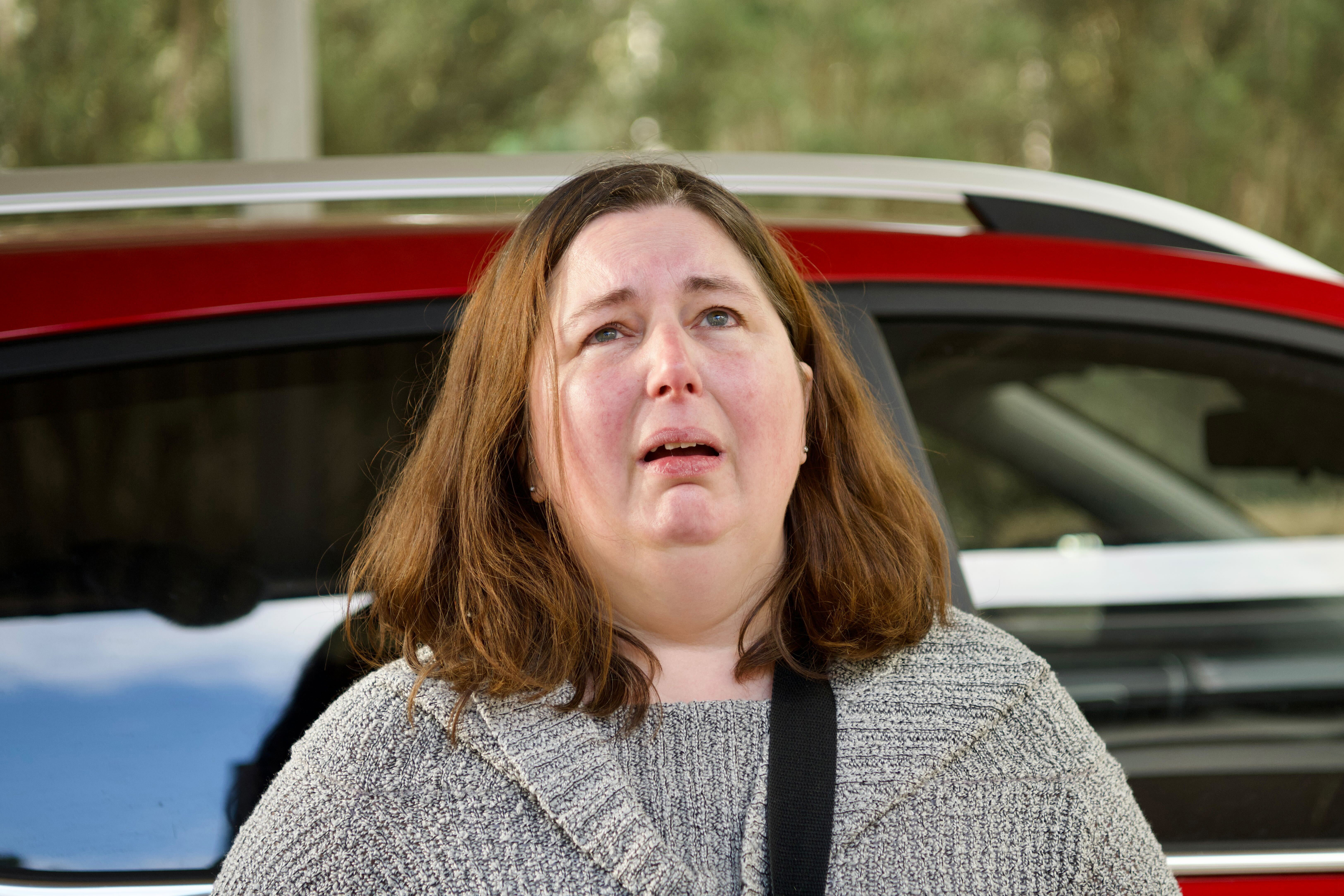 What we know about Erin Patterson
What we know about Erin Patterson
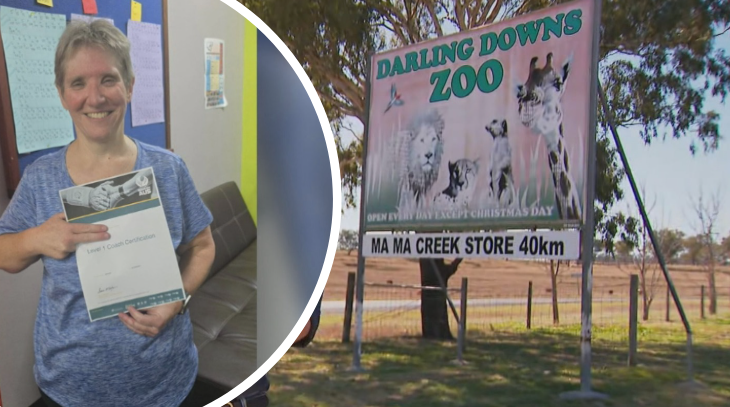 Woman who lost arm in lion attack identified as zoo owner's sister-in-law
Woman who lost arm in lion attack identified as zoo owner's sister-in-law
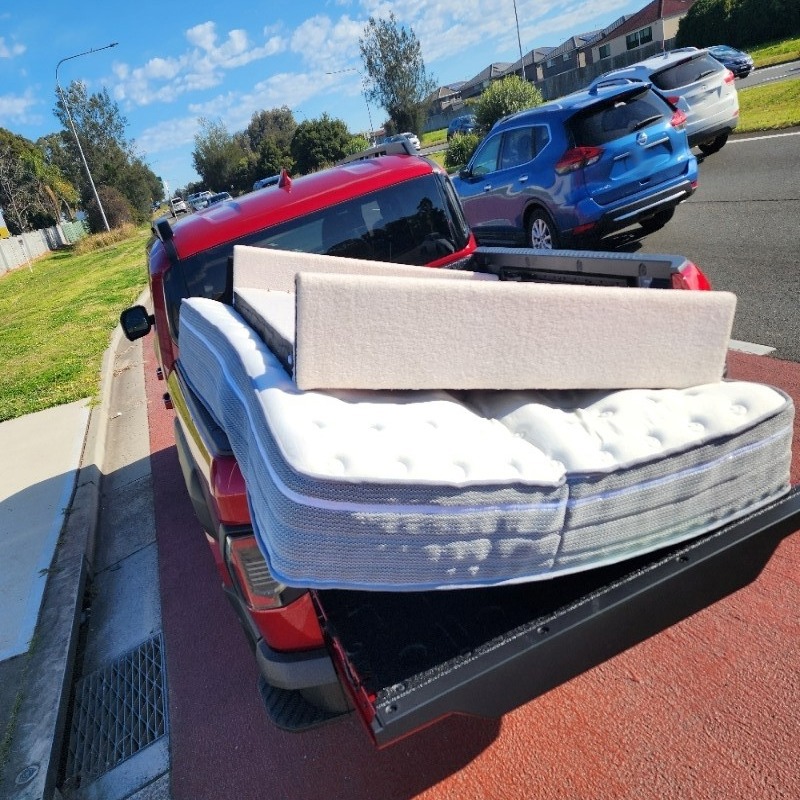 'Nothing wrong with it': Driver baffles police with mattress hanging from ute cab
'Nothing wrong with it': Driver baffles police with mattress hanging from ute cab
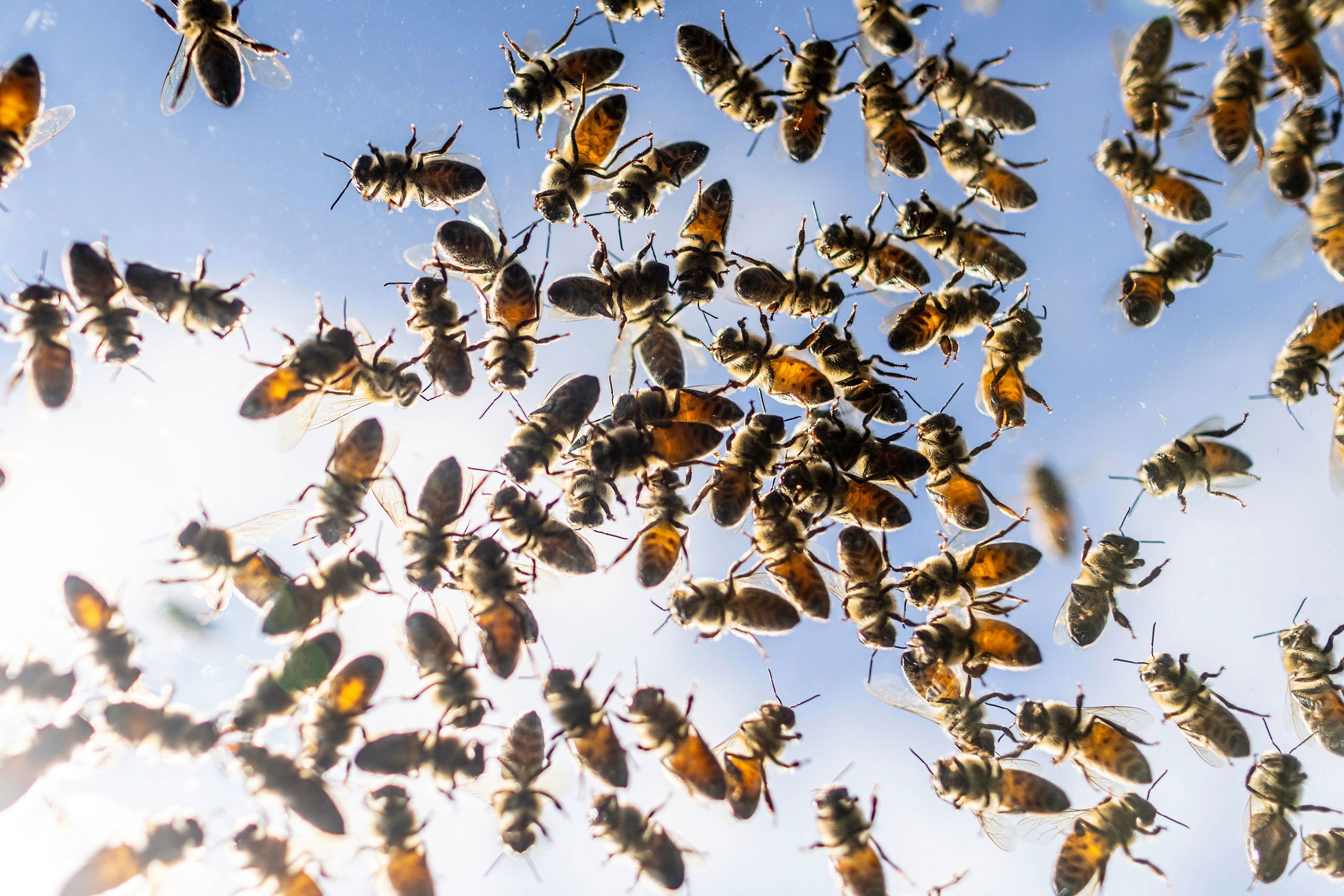 Bee attack leaves 24 people injured in French town
Bee attack leaves 24 people injured in French town
 Timelapse video shows speed of floodwater rising in Texas
Timelapse video shows speed of floodwater rising in Texas






